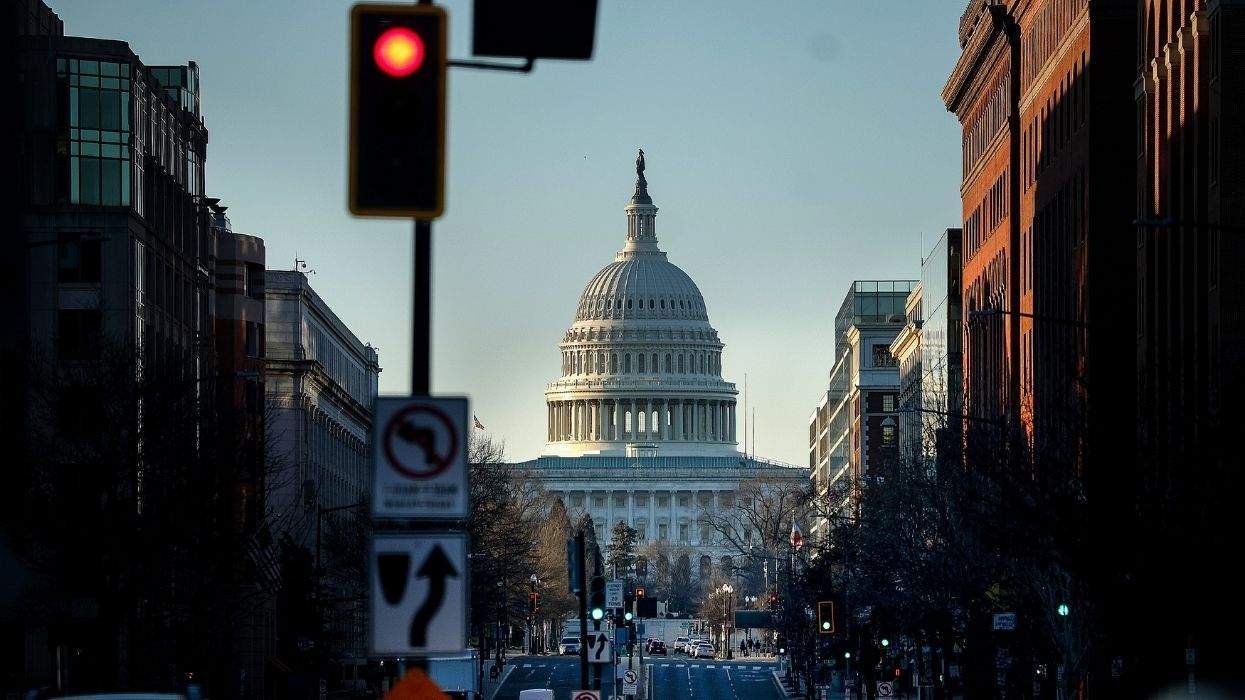A compromise federal spending package for 2006 approved by Congress this week will hurt low-income HIV-positive people across the country, AIDS activists say. The spending bill cuts $39.7 billion from a host of federal programs, including Medicaid, which is specifically expected to reap $4.8 billion in federal savings due to increased fees for program participants.
Under the Republican-backed spending bill, passed 212-206 by the House on Monday and approved Wednesday in the Senate when Vice President Dick Cheney broke a 50-50 tie, state-run Medicaid programs will be able to charge higher premiums for access to some program services and boost co-pays for prescription drugs, doctor visits, and hospital stays. In the past, Medicaid participants who could not immediately afford program premiums and co-pays were allowed to continue to receive medical care, but the new law allows states to deny services to those who do not pay premiums within 60 days or who do not have the ability to immediately pay co-pays for prescription medications and health care access.
The compromise spending measure also eliminated a Senate-backed proposal that extended Medicaid coverage to HIV-positive people who have not yet progressed to an AIDS diagnosis. Backers of the measure say it would have helped tens of thousands of poor HIV-positive Americans stay healthy and avoid deteriorating to AIDS, but the amendment was eliminated by House and Senate lawmakers seeking a compromise on the spending package.
AIDS groups blasted lawmakers for cutting medical services to low-income Americans, particularly HIV-positive people who receive care through government health programs.
"On HIV and AIDS, Congress handed over authority to extremists with the potential to harm thousands of Americans," Human Rights Campaign president Joe Solmonese said Wednesday in a press statement. "It is unacceptable to pull the rug out from under hundreds of thousands of our neighbors living with HIV/AIDS and simply say 'Your government is not there for you.' We should be focusing on ways to improve these programs, not shoving them onto the cutting-room floor."
David Gartner, policy director with the Global AIDS Alliance, told The Philadelphia Inquirer that a similar 2003 law in Oregon that raised Medicaid premiums and co-pays for services resulted in nearly half of the Medicaid participants dropping out of the program. He expects the same sort of impact on a national level under the new federal Medicaid changes. "The cuts to the Medicaid program would be devastating to all people on Medicaid," he said prior to the Senate's Wednesday vote.
The spending bill, which President Bush has pledged to sign, also makes steep cuts to other essential federal programs, including Medicare and student loan programs.
Senate Democratic leader Harry Reid of Nevada, who joined all of the Senate Democrats in voting against the measure, told the Associated Press the bill "caters to lobbyists and an elite group of ultraconservative ideologues here in Washington, all at the expense of middle-class Americans." (Advocate.com)















Charlie Kirk DID say stoning gay people was the 'perfect law' — and these other heinous quotes
These are some of his worst comments about LGBTQ+ people made by Charlie Kirk.